Why a Simple Life Matters: The Path to peace and happiness lies in the simple things in life
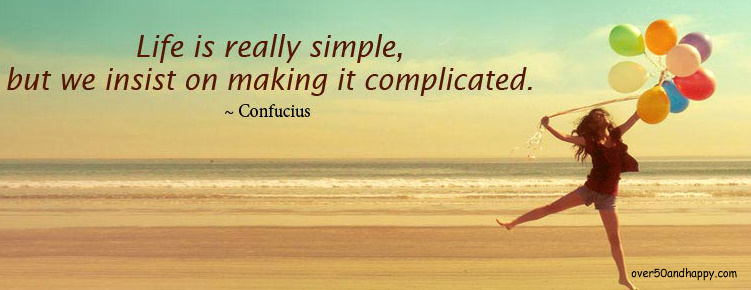
Have you ever stopped and thought about what this life is all about? Have you ever asked yourself questions such as these: How fast is your life moving? Do you ever wish you could slow it down? Ever wish you had a few more hours in the day so you could get everything done you need to get finished? What if, instead of always trying to do more, we slowed down a little and embraced a slower paced life. What if we didn’t try to do everything, but slowed down and concentrated only on the things that are truly valuable and important to us.
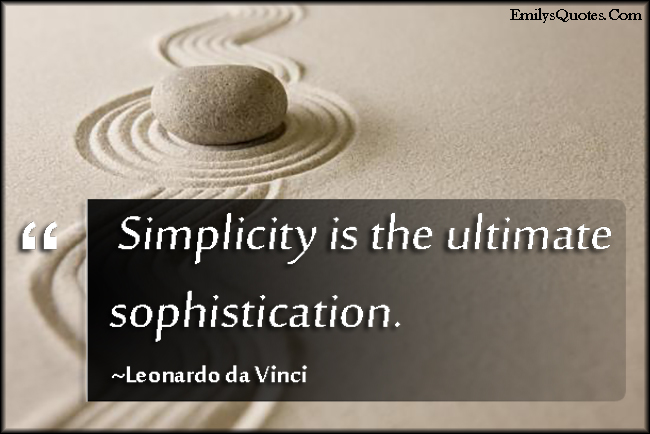
As it has been observed by many wise souls, every year it seems the pace of communication and expectations increase. As our life begins to go through a period of acceleration, we often feel the need to step back, evaluate and simply slow our life down. The faster paced life often leaves our health in ruin and our closest relationships drifting. A slower paced life introduces margin and gives us more awareness about how we spend our time. Slow doesn’t happen naturally. In fact, our lives tend to pile more and more on because we rarely remove commitments even if we add new ones. It’s almost like that old computer that just keeps piling on junk and virus’ until it gets so slow it needs a reformat or a trip to the trash can. Is your life ready for a reboot? Are you ready to embrace a slower paced life? These are the Big Questions!
'Let Nature be Your Teacher'
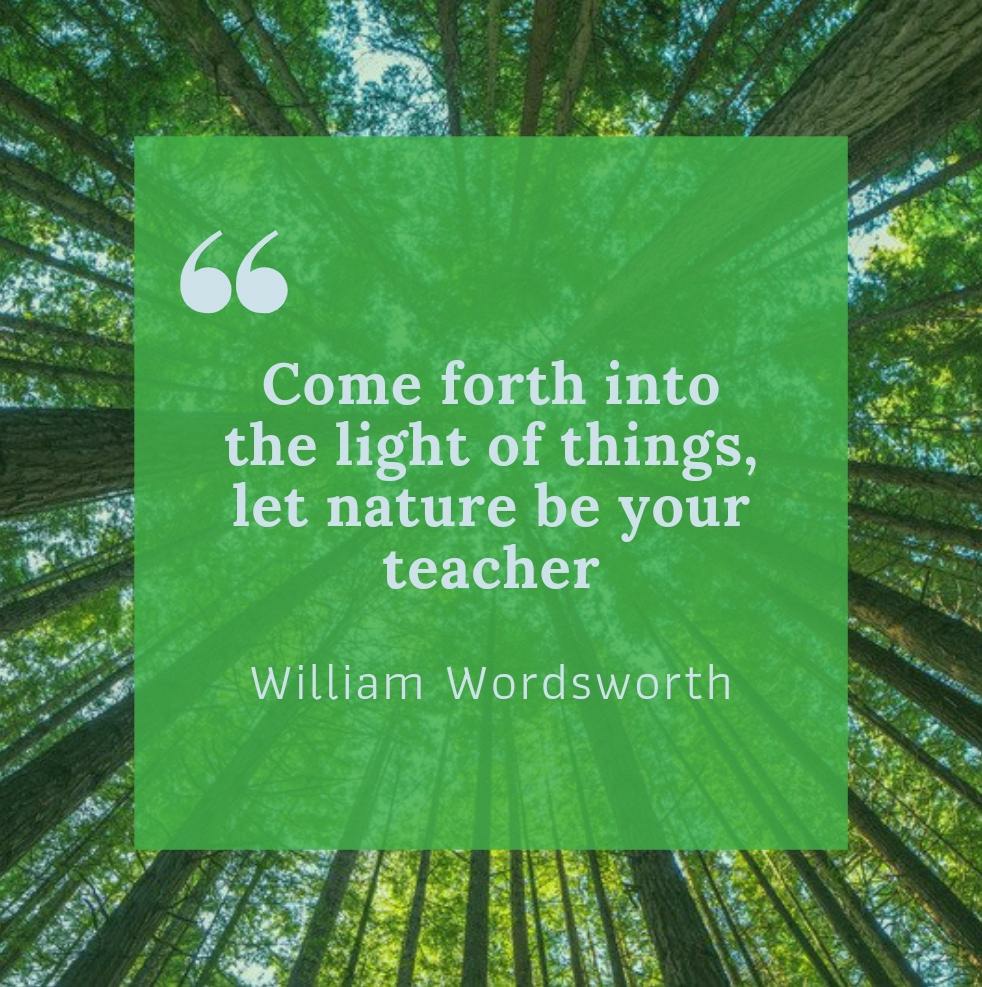
The Peace of Wild Things
When despair for the world grows in me
and I wake in the night at the least sound
in fear of what my life and my children’s lives may be,
I go and lie down where the wood drake rests
in his beauty on the water, and the great heron feeds.
I come into the peace of wild things
who do not tax their lives with forethought of grief.
I come into the presence of still water.
And I feel above me the day-blind stars
waiting with their light.
For a time I rest in the grace of the world, and am free. - Wendell Berry
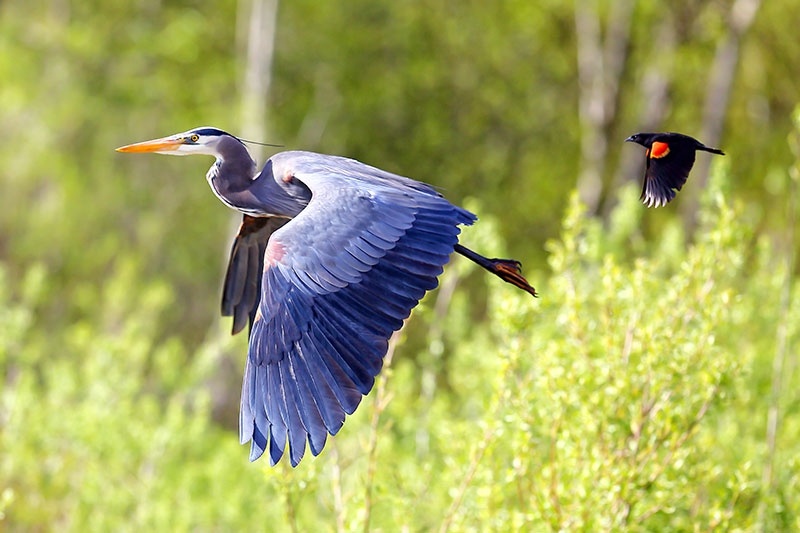
Nature, Beauty, Harmony+
“In 1845, the American writer Henry David Thoreau, then in his late 20s, built himself a small cabin in a quiet, idyllic location among the pine trees on the shores of Walden Pond, in Massachusetts. He wanted to see what it would be like to live cut off from other people, in communion with nature, in a simple hut, without the support of machines and modern civilization. He was to sum up his experiences in a book, Walden: Life in the Woods (1854), still the single most inspiring book for anyone wanting to imagine a less cluttered and more natural way of life.
While in the woods, Thoreau went for long walks, read the books he had always meant to read, mended his own clothes, gathered fruit, went fishing and mused on what holds us all back from living in this way.”
Elegance, Lightness, Speed+
“In 1925, the Swiss-French modernist architect Le Corbusier published a book, The City of Tomorrow and its Planning, which described a city made perfect through beautiful, rational contemporary architecture. The City of Tomorrow would be uncluttered, calm and elegantly proportioned.
Technology would simplify life. There would be dignified housing for all and none of the anxiety and stress of our current large cities. Commuters would be propelled from their homes to offices in minutes by high-speed trains. We would keep fit by regularly playing tennis and going swimming. Le Corbusier – who loved flowers – took a particular interest in the design of public gardens. There would be allotments on the roofs of skyscrapers. Offices would be serene, with perfect filing systems and moderate work hours. There would be no slovenliness, no squalour and no garishness.”
Reason, Calm, Order+
“The ancient Greek philosopher Plato (428BC – 348BC) wanted philosophy to be more than an academic exercise, he wanted it to change the world. As he surveyed the city state of Athens where he lived, he was struck by a range of its problems: the politicians were corrupt, pandering to the mob and lining their own pockets. Families weren’t educating their children properly. People pursued money and power rather than self-knowledge and insight. Love and sex weren’t properly understood and artists were keener on thrilling their audiences than making them wise or good.
His solution came in The Republic, one of the most ambitious and thought-provoking of all utopian texts, written around 380BC. The book evokes a community governed by wisdom. Those at the top are motivated only by selfless duty to the common good; their qualification is the depth of their insight into the real needs of others, and they are exemplary for the modesty and simplicity of their habits. The Republic is the ancestor of all modern utopias – a continuing inspiration for those offended by the chaos, ugliness and irrationality of our world.”
Simplicity Is the Key to Happiness++
by Paramhansa Yogananda
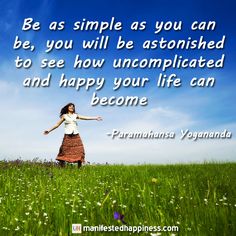
(Paramhansa Yogananda (1893-1952), one of the most renowned and beloved yoga masters of the 20th century, is the author of the spiritual classic, Autobiography of a Yogi. One of the first teachers to bring yoga to the West, Yogananda emphasized direct inner experience of the Divine, which he called “Self-realization.” His teachings are universal and offer a practical approach to inner awakening.)
“Simplicity is not grinding poverty: It is not the polar opposite of wealth. To live simply is to pursue a quiet path of moderation. In a life of balance between opposite extremes lies inner happiness.
People everywhere, in their quest for happiness outside themselves, discover in the end that they’ve been seeking it in an empty cornucopia, and sucking feverishly at the rim of a crystal glass into which was never poured the wine of joy.
There are so many things here in America that I wanted for my own impoverished country. In time, however, I found that the people here are not so happy, on average, as the peasants in India—many of whom cannot afford more than one meal a day. Despite the material prosperity here, people haven’t the same inner happiness. Americans are satiated with a plethora of sense pleasures. Happiness eludes them for the simple reason that they seek it everywhere except in themselves.
Most so-called “happiness” is nothing but suffering in disguise. You may enjoy eating a huge meal, but you are also likely to have unpleasant after-effects such as acute indigestion or stomachache. The greatest way to create happiness for yourself is not to allow sense lures or bad habits to control you, but to be a stern ruler of your habits and appetites. Just as you cannot satisfy your own hunger by feeding another person, so you cannot find happiness in satisfying the over-demands of your senses. Too much luxury, instead of producing happiness, drives it away from your mind. Do not spend all your time looking for things to make you happy. Be contented always, equally in your struggle for prosperity and in your attainment of it. You can be a King of Happiness in a tattered cottage, or you can be a tortured victim of unhappiness in a palace. Happiness is a mental phenomenon exclusively. You must first establish it firmly within yourself and then, with an undying resolution always to be happy, go through the world seeking health, prosperity, and wisdom. You will find greater happiness if you seek success ever with a happy attitude than if you try to gain your heart’s desire with an unhappy mind, no matter what that desire may be.
Joy is too delicate a flower to bloom in the sooted atmosphere of worldly minds, which crave happiness from money and possessions. Joy wilts, too, when people water it inadequately by placing conditions on their happiness, telling themselves, “I won’t be really happy until I get that car (or dress, or house, or vacation by the sea)!” Materialistic people, however frantically they pursue the butterfly of happiness, never succeed in catching it. Were they to possess everything their hearts ever craved, happiness would still elude them.
On the other hand, happiness blooms naturally in the hearts of those who are inwardly free. It flows spontaneously, like a mountain spring after April showers, in minds that are contented with simple living and that willingly renounce the clutter of unnecessary, so-called “necessities”— the dream castles of a restless mind. When a person renounces outward ambition to seek peace within himself, he may feel a certain, fleeting nostalgia for his old, familiar habits. Accustomed as he was formerly to outward busy-ness, simplicity may strike him at times, in the beginning, as stark and unattractive. Gradually however, if he perseveres, he will accustom himself to the inner world, and will discover increasing happiness in soul-sufficiency. He will come to appreciate more and more deeply the meaning of true happiness. One may, similarly, experience a temporary sense of loss after failing in his worldly endeavors. Life then, at first, may seem devoid of any herbage of hope. If, however, after wandering in that desert for a time, he determines to face his new circumstances courageously, he will come to realize that life has not changed essentially at all; that whatever occurred to him was only defined as failure by his own imagination. He may then remember happier moments: the simple delights, for example, that he enjoyed as a child.
Suddenly he will understand that inner contentment is itself the one and only valid definition of success—and, quite as wonderfully, that contentment is the one thing in his life he need never lose! In every case, the wilderness of apparent loss, failure, and disappointment can be coaxed to bloom again, like a barren desert after abundant rain. Newly flowering meadows of peace appear suddenly in minds that seek rest within. The soul then knows a happiness more precious than the greatest success attainable through worldly pursuits.
If you, dear reader, should ever slip, or even fall, from the ladder of success, and find yourself abandoned by wealth and honor, and forced to live in humble circumstances—grieve not. Welcome, rather, the new adventure that life has placed before you. If your dreams lie in ruin all about you, bravely adjust to your altered circumstances. In simplicity you will find—even if you never sought it there!—the sweet happiness your heart has always craved. Life will give you more than you ever dreamed, if only you will define prosperity anew: not as worldly gain, but as inner, divine contentment.”
+These excerpts were first published in The School of Life Shop
++This article was first published in Simplicity Is the Key to Happiness
For further reading see:
Be Inspired: The Wisdom Corner

Photo: virtuesforlife.com
The links noted below are amongst my Blog postings which are there to provide ideas for inspirational stories for everyone, encouraging contemplation, soul searching and spiritual enrichment.
Whenever you get a chance, please take a few minutes to watch, listen and read some of the amazing narratives below: They are some examples of the many gems I have discovered in my life journey from the wisdom of others. They have opened new horizons in my life. For that I cannot be grateful enough.
Here, by sharing their wisdom with you, I hope they will do the same for you.
Journey to Healing: Let Me Know What is Essential
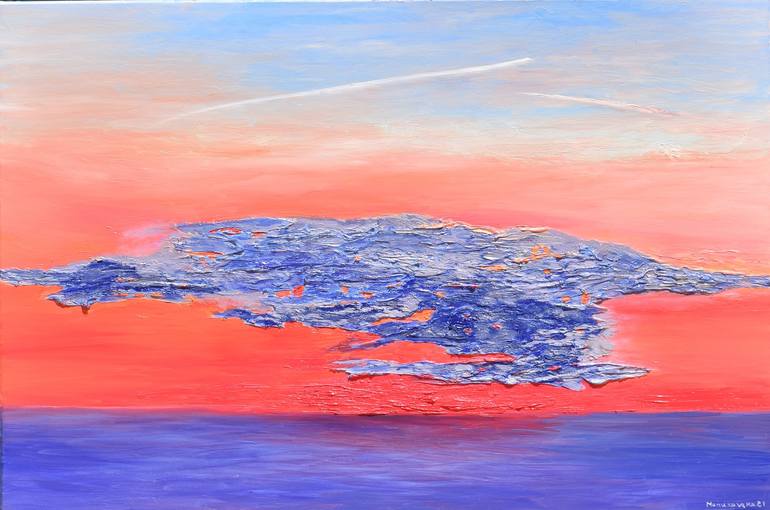
Journey of hope, a painting by Iryna Manukovska.
